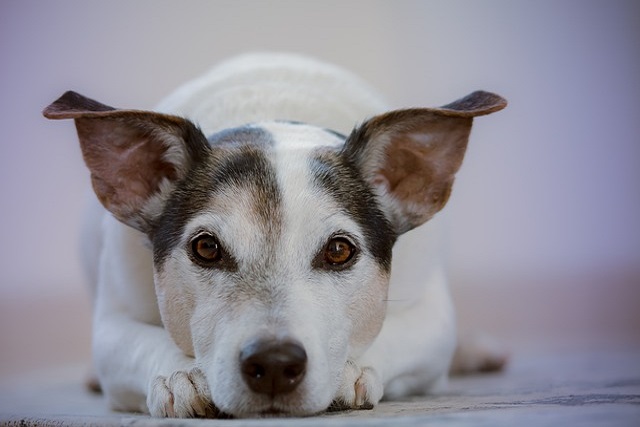
How do i train my dog to be obedient?
Watching your dog dart across the park ignoring your calls isn’t just frustrating—it can put them at risk near busy streets or public spaces.
If your energetic Labrador mix spends a little too much time pacing your apartment or staring out the window, you might be looking for a better way to tire him out than just another walk around the block. The answer might lie not in more physical exercise, but in engaging his most powerful sense: smell. Scent training, at its core, is the practice of encouraging your dog to use their natural olfactory abilities to locate specific odors. This isn't just a fun game; it's a profoundly enriching activity that taps into their innate instincts, providing a level of mental exhaustion that a simple game of fetch often can't match. For a dog, this is the equivalent of working on a stimulating puzzle, and the benefits for their overall well-being are immense.
The science behind it is fascinating. A dog's brain is wired for scent; the part dedicated to analyzing smells is about 40 times larger than a human's relative to total brain size. When you hide a treat in a muffin tin under tennis balls and encourage your dog to find it, you're giving their brain a full workout. This kind of mental stimulation is proven to reduce common behavior issues stemming from boredom or anxiety, such as destructive chewing or excessive barking in the home. It builds their confidence as they successfully solve problems and earns them rewards, strengthening your bond through positive, force-free interaction. This method of training is the gold standard in the U.S. and Europe, focusing on rewarding desired behaviors rather than punishing mistakes.

Getting started is wonderfully simple and requires minimal supplies. Begin in a quiet room with your dog on a leash. Let them see you place a high-value treat like a piece of cheese or a bit of hot dog under a towel on the floor. Use a release word like "Search!" and encourage them to find it. The moment they nuzzle or paw at the towel, offer enthusiastic praise and let them get the treat. This positive reinforcement makes them eager to play again. You can gradually increase the difficulty by hiding the treat in another room or using cardboard boxes. This practice aligns perfectly with modern apartment living, as it provides a massive amount of stimulation in a small indoor space, making it ideal for rainy days or busy urban dwellers.
This activity also beautifully complements your responsibilities as a community member. A mentally tired dog from a 15-minute scent game is a calmer, more manageable dog on the leash during your neighborhood walk. They are less likely to be reactive towards other dogs or pedestrians because their mind is content. This makes it easier for you to maintain control and be diligent about always cleaning up after them—a non-negotiable rule that is often legally enforced through local ordinances. Furthermore, ensuring your dog is up-to-date on their rabies vaccination and other core vaccines isn't just a legal requirement for public safety; it also means you can confidently participate in organized scent work classes at your local training club, a fantastic way to socialize and advance your skills.
Ultimately, scent training is more than a hobby; it's a powerful tool for responsible dog ownership. It respects your dog's natural biology, strengthens your relationship through positive methods, and helps create a calmer, more satisfied companion who is a pleasure to live with and a polite member of your local community.

Watching your dog dart across the park ignoring your calls isn’t just frustrating—it can put them at risk near busy streets or public spaces.

New puppy owners often find themselves rushing to clean up accidents before they set in, and that’s where puppy pad training becomes a game-changer.

If you've noticed your dog's waistline disappearing and your veterinarian has mentioned those few extra pounds, your first instinct might be to simply reduce the amount of food in their bowl.

Training a dog to use a designated spot indoors isn’t as daunting as many new owners fear, but it does take consistency and an understanding of your pet’s needs.

That moment of dread on a walk is all too familiar for many new dog owners. You see another dog approaching down the sidewalk of your neighborhood

If the sight of another dog on your neighborhood walk makes your heart sink as your own dog erupts into a frenzy of barking and lunging, you're not alone.